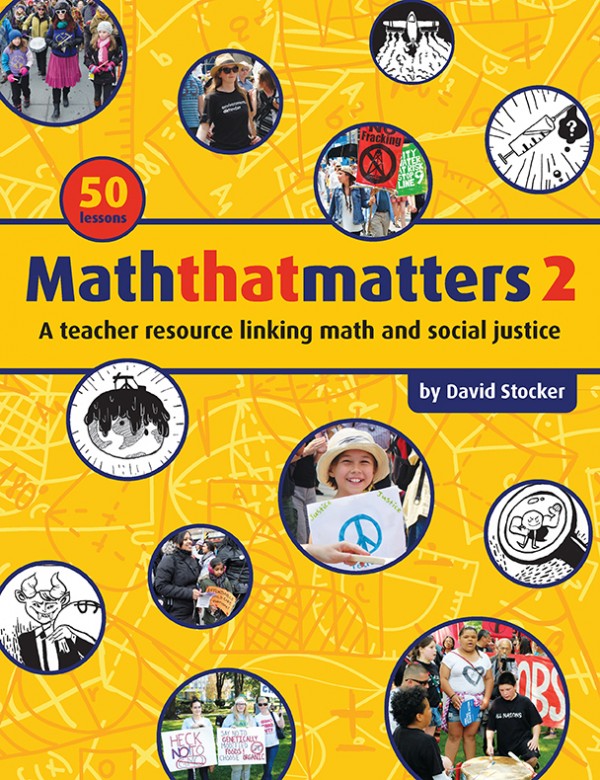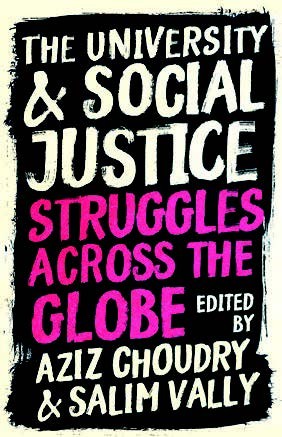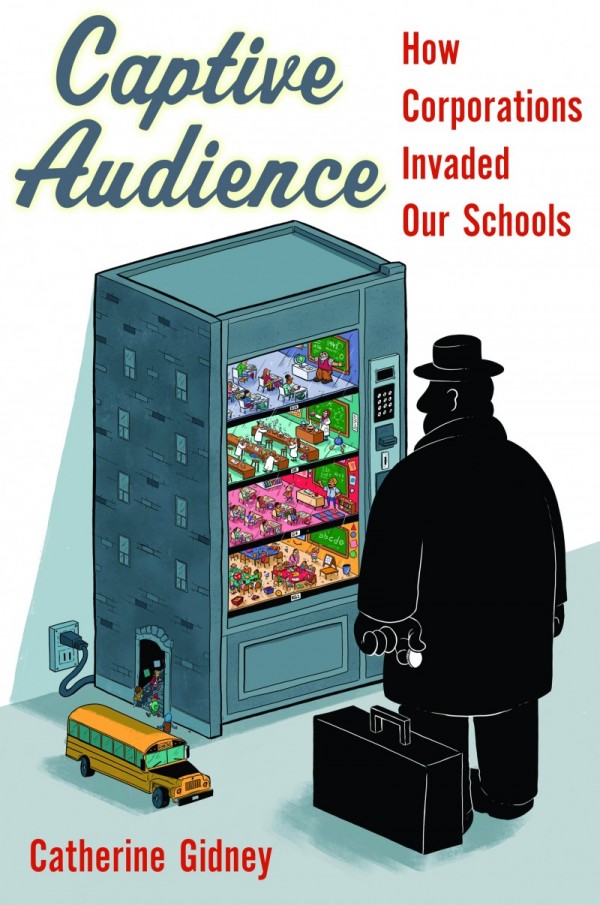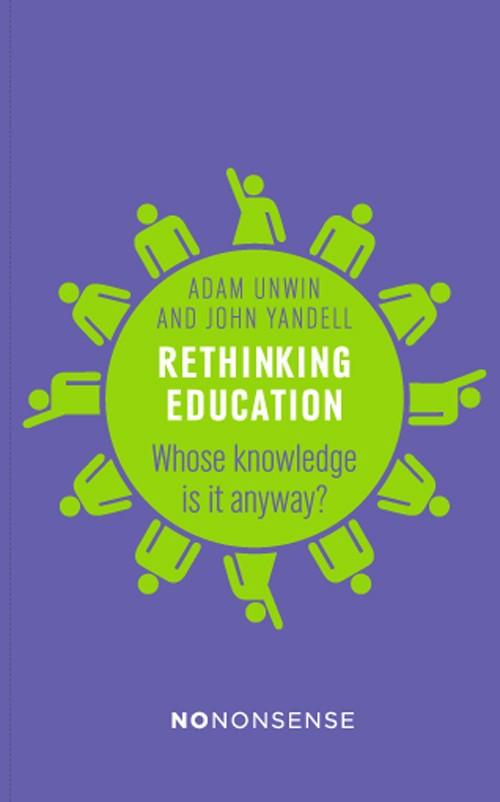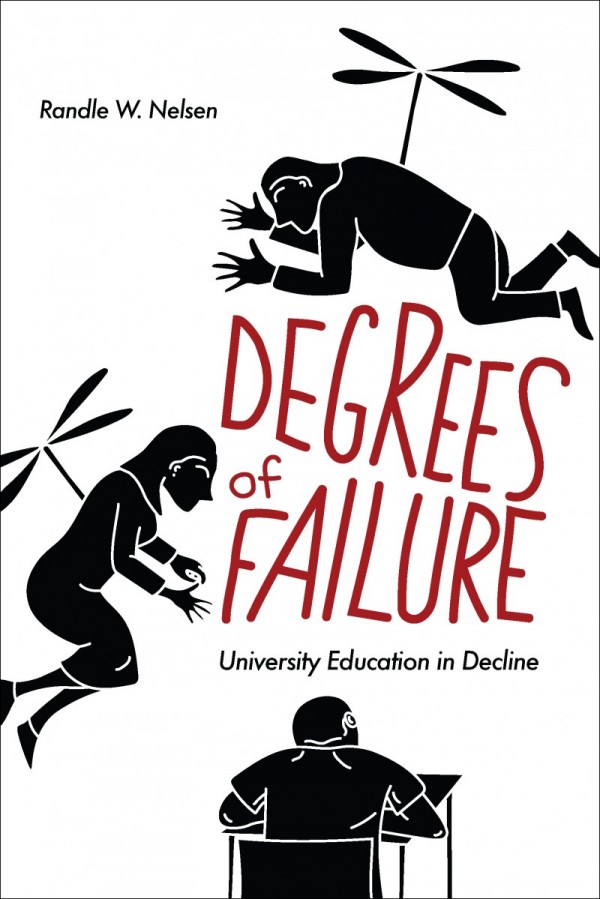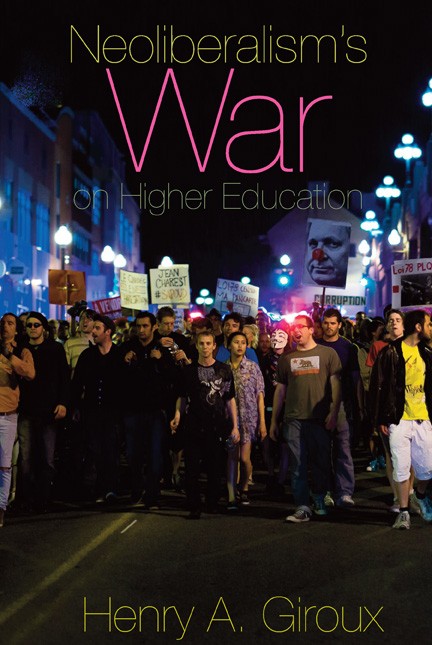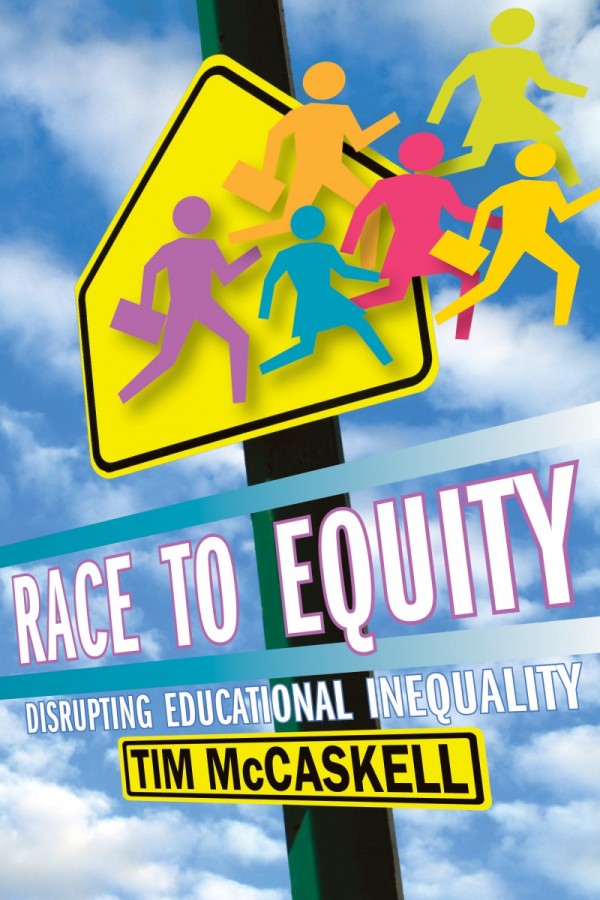#SafeSeptember
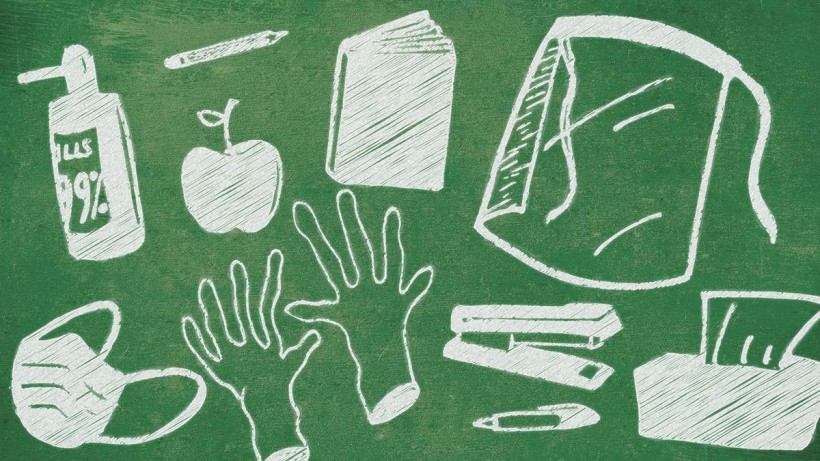
Schools are reopening in the middle of a pandemic and an economic crisis. All of us are grappling with a new world order in the wake of COVID-19. This September, as children and adults across the world return to the classroom, we’re thinking about the books that provoke critical thought about the way we are educated, from elementary school through higher ed.
Whether you’re a student, parent, or teacher, this Reading List will inspire you to reimagine a more just education system.
Maththatmatters2 is a collection of 50 brilliant lessons for grades six through nine that link mathematics and social justice. For educators keen to provide rich leaning opportunities and differentiated content that engages students with their lived realities, these lessons are sure to spark meaningful discussions … and action.
Higher education has long been contested terrain. From student movements to staff unions, the fight for accessible, critical, and quality public education has turned university campuses into sites of struggle. Featuring contributions written by students and staff on the frontline of resistance from 12 different countries, this critical collection asks what can be learned from these movements’ strategies, demands, and visions.
Captive Audience explores the compelling history of branding the classroom in Canada—a country where White Spot solicits menu ideas from third graders, Home Depot decks out children in corporate swag, and kindergarteners draw mazes to tubes of Crest toothpaste. What impact does advertising and consumer culture have on children and Canadian culture?
What is knowledge? Who decides what is important? Who owns it? These key questions are central themes in this accessible book that aims to change perceptions and the understanding of education. Breaking down the structures, forces, and technologies involved in education, authors Adam Unwin and John Yandell chart an alternative approach. Part of the No-Nonsense Guide series.
Randle Nelsen brings together such diverse topics as campus parking, college sports, helicopter parents, edu-business as edu-tainment, and technology in teaching to show how continuing inequities, grounded in large part upon social class differences, are maintained and reproduced in our universities.
Neoliberal policies, practices, and modes of material and symbolic violence have radically reshaped the mission and practice of higher education,—shortchanging a generation of young people. Henry A. Giroux exposes the corporate forces at play and charts a clear-minded and inspired course of action out of the shadows of market-driven education policy.
Race to Equity is a dazzling, detailed view from the inside of the experiments, successes, and mistakes in the Toronto Board of Education’s quest to provide truly equitable education for a diverse student body. Tim McCaskell traces narrative threads through the “booming, buzzing confusion” of institutional and social transformation. The result is a magical blend of personal reflections and political theory.

